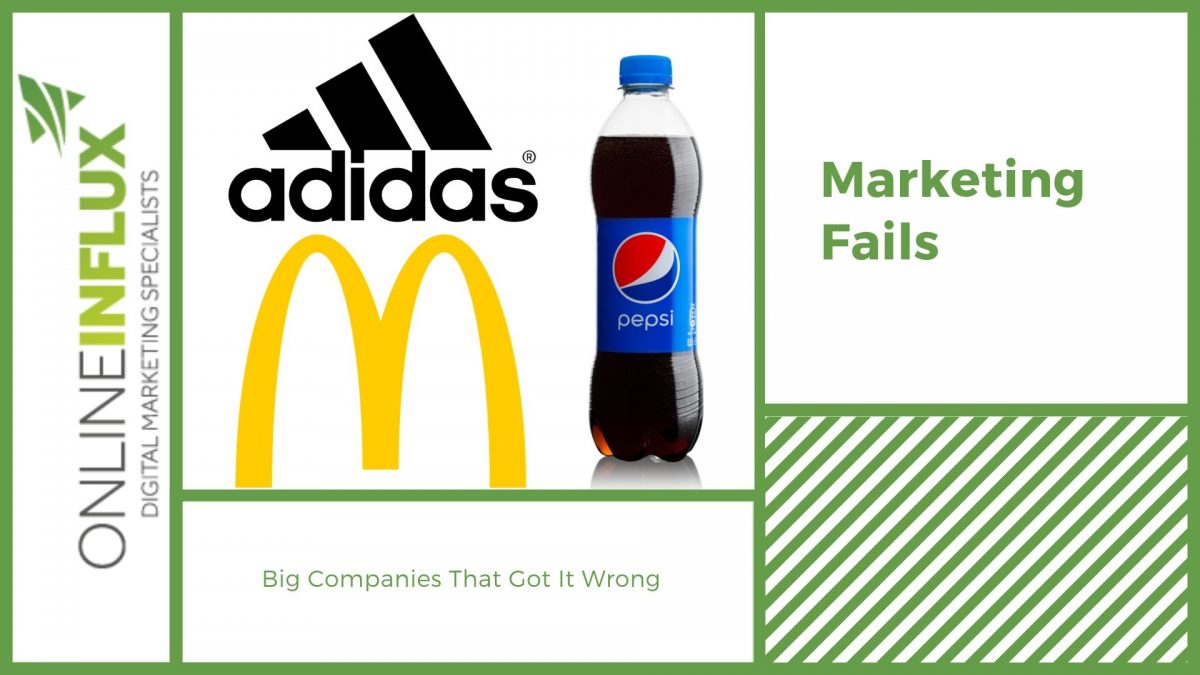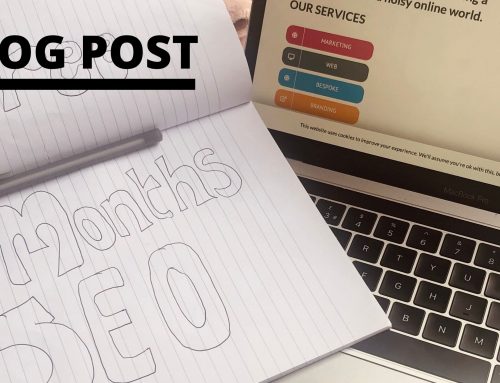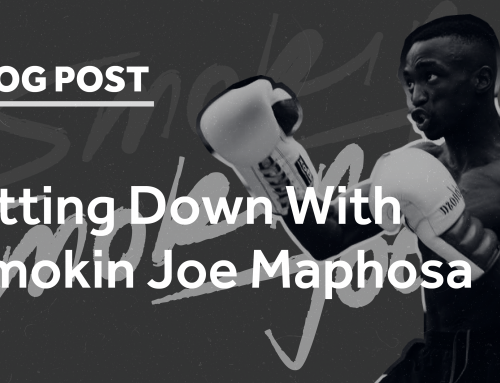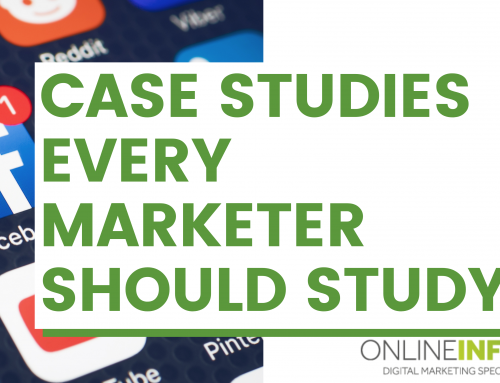Recently we joined in on the hype of Cannes Lions and spent the last few weeks admiring the amazing creative and innovative marketing from some of the most impressive campaigns of the last year. However, not every marketing campaign is a big hit and even the biggest companies, even the ones that usually hit home runs, sometime strike out. In this post we look at some of those marketing mishaps and the lessons that can be learnt from them.
Pepsi
Probably the example that came to most people’s minds when reading the title of this post, Pepsi’s 2018 ad with Kendell Jenner was pulled following huge backlash. In the ad, Keeping Up with the Kardashian star Kendell Jenner defuses tensions at a protest by simply offering a police officer a can of Pepsi. People were quick to draw comparisons between imagery in the ads and real life protests namely those from the black lives matter movement. There was a clear feeling that people felt the ad undermined the important movement and were hijacking it to sell their product. Following the backlash Pepsi withdrew the ad but it remains one of the biggest examples of missing the mark in marketing.
There are many ways your work can be interpreted and when creating something that is going to broadcast it is important to look at it through the eyes of people in different positions to you and examine different interpretations. Given the volume of backlash it is clear Pepsi failed to do this to any great effect when creating this particular ad.
Walkers
Who doesn’t love some user generated content? Well, Walkers for a start. When the snacks company created a selfie competition on twitter they didn’t anticipate people submitting photos of serial killers.
Entering the competition was simple, reply to a walkers tweet with a selfie and the hashtag #walkerswave. Then a personalised video using the selfie and featuring Gary Lineker was automatically tweeted by Walkers. But sharing user generated content without filtering them first left Walkers complimenting (a photo of) Harold shipman (among others) on their selfie.
Automation is a powerful tool and so is user generated content. However, both come with risks whether that is a pre-scheduled post going out at an inappropriate time or people hijacking a branded hashtag. Therefore they need to be used responsibly and when combining them together it is probably a good idea to ad in a human element just to check your campaign hasn’t been abused before you potentially end up tweeting something insensitive or worse.
Adidas
This one is similar to the first point on this list in a way but we wanted to include it to show how a mishap can be just as big with an unfortunate turn of phrase in an email as with a large scale production built on a rocky foundation. Following the 2017 Boston Marathon Adidas sent out an email to runners with the subject line “Congrats, you survived the Boston Marathon”. A subject line like this is not unheard of for similar events but this was an insensitive turn of phrase given the tragic events of the 2013 Boston Marathon bombing which killed three people and injured 250. The email, whilst seemingly sent with good intent was tone deaf and understandably upset recipients and others that learned of the email.
This is an example of using cookie cutter language – generic words or phrases that can be applied in almost all occasions. The problem with this is it does not consider the specifics which in this case resulted in a hugely upsetting and insensitive email subject line.
McDonald’s
After McDonald’s szechaun sauce (a discontinued promotional tie in with Disney’s Mulan in 1998) was featured as part of a Rick and Morty episode plotline, a change.org petition to bring back the sauce got the support of around 45000 people. Not one to miss out on a marketing opportunity McDonald’s did a limited release of the sauce at select location. But they hugely underestimated the demand and with just 20 packets of the sauce at some locations they were far from equipped to satisfy the shows fans. The episode which featured the sauce had 11 million viewers and whilst not all of them were going crazy for the sauce there were a lot of people that were. Crowds of disappointed Rick and Morty fans were turned away by police as depicted in the many many tweets using #rickandmorty and # #SzechuanSauce.
The lesson, do not underestimate the effectiveness of a campaign. A great campaign which attracts a lot of people can work against you if you disappoint that audience by under delivering.
These are just a small selection of marketing campaigns that did not go as intended but we know there are plenty more each with lessons to teach. We would love to hear from you, share your favourite examples with us on Twitter (@Online_Influx).








Leave A Comment